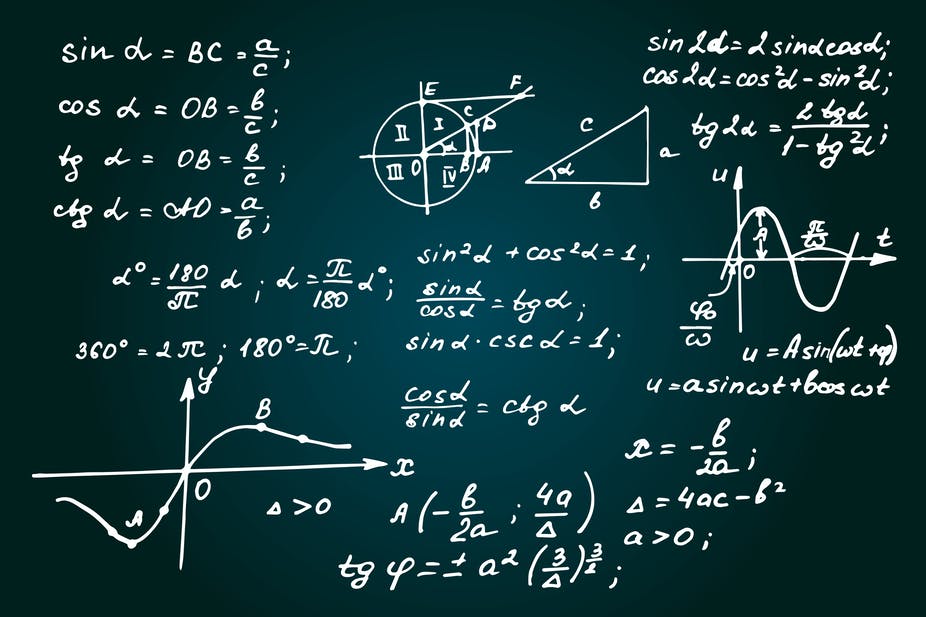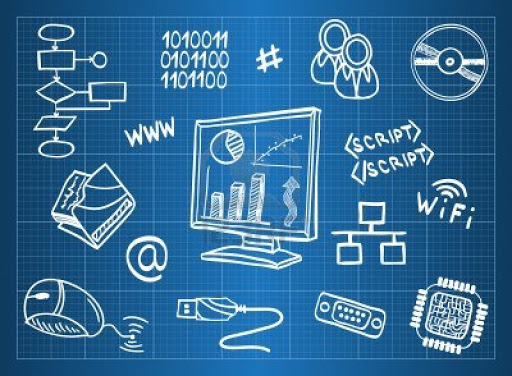CSEC Subjects Offered

Mathematics
The Mathematics syllabus explains general and unifying concepts that facilitate the study of Mathematics as a coherent subject rather than as a set of unrelated topics.
The syllabus seeks to provide for the needs of specific mathematical techniques in the future careers of students, for example, in agriculture and in commercial and technical fields. By the end of the normal secondary school course, students should appreciate that the various branches of Mathematics are not rigidly segregated and that the approach to the solution of any problem is not necessarily unique.
| Section A | Office Orientation |
|---|---|
| Section B | Number Theory |
| Section C | Consumer Arithmetic |
| Section D | Sets |
| Section E | Measurement |
| Section F | Statistics |
| Section G | Alegebra |
| Section H | Relations, Functions and Graphs |
| Section I | Geometry and Trigonomerty |
| Section J | Vectors and Matrices |
Office Administration
Office Administration is a Business Education subject concerned with the study of administrative principles, policies, procedures and technological competencies governing the modern office environment. The content and teaching strategies used reflect current trends in the modern office. The syllabus aims to provide students with knowledge, skills and attitudes for immediate access to entry-level positions such as administrative assistants, clerical assistants, receptionists, record management clerks, accounting clerks and factory and dispatch clerks and other related positions.

| Section A | Office Orientation |
|---|---|
| Section B | Communication |
| Section C | Recruitment and Orientation |
| Section D | Records and Information Management |
| Section E | Reception and Hospitality |
| Section F | Meetings |
| Section G | Travel Arrangements |
| Section H | Human Resources Management |
| Section I | Accounts and Financial Services |
| Section J | Procurement and Inventory Management |
| Section K | Sales, Marketing and Customer Service |
| Section L | Operations, Despatch and Transport Services |

English
Students who do the English course will explore receptively and expressively three major literary modes, Drama, Poetry, and Prose Fiction, in order to become aware of the many functions and purposes of language. In doing so, they will discover that the four facets of language arts, namely, listening, speaking, reading and writing, are closely linked together and are interdependent.
Syllabus objectives are organised under understanding and expression in order to guide curriculum development, to give meaning to a teaching programme and to define an assessment scheme that reinforces an English syllabus which has been conceived as an integrated approach to language teaching and which enables students to appreciate the holistic nature of language learning.
Social Studies
Social Studies contributes to the effective development of the learner by increasing personal and social awareness, and by placing emphasis on values as well as on social and interpersonal relationships. This syllabus seeks to ensure that students develop the necessary skills and at the same time introduces them to knowledge of social phenomena that may enhance their effectiveness as social participants in the Caribbean community. It is also intended that, through the syllabus, the process of valuing would be made conscious so that persons become aware of their position, thus enabling them to bring conscious criteria to bear on their choices as social participants

| Section A | Individual, Family and Society |
|---|---|
| Section B | Sustainable Development and Use of Resources(i) Development and Use of Resources(ii) Regional Integration |
| Section C | Options:C1 – Communication C2 – Consumer Affairs C3 – Tourism |

Principles of Accounts
Principles of Accounts is a course of study that provides an introduction to the principles and techniques that accountants employ in measuring, processing, evaluating and communicating information about the financial performance and position of a business.
The course in Principles of Accounts helps students to develop an understanding of a range of theoretical and practical techniques used in accounting. It helps to develop skills that should enable them to participate more effectively and responsibly in today’s business environment, to improve the management of personal financial activities, such as, budgeting, savings and investment. In addition, this course prepares students for post secondary and professional studies in accounting.
| Section A | Introduction to Principles of Accounts |
|---|---|
| Section B | The Classified Balance Sheet |
| Section C | Books of Original Entry |
| Section D | Ledgers and the Trial Balance |
| Section E | The Preparation and Analysis of Financial Statements of the Sole-trader |
| Section F | End of Period Adjustments |
| Section G | Control Systems |
| Section H | Incomplete Records |
| Section I | Accounting for Partnerships |
| Section J | Accounting for Corporations (Limited Liability Companies |
| Section K | Accounting for Co-operative Societies |
| Section L | Accounting for Non-Trading (Non Profit) Organisations |
| Section M | Manufacturing Accounts |
| Section N | Payroll Accounting |
Information Technology
This syllabus is designed to provide a coherent view of the significance of information in a socio-economic context. Emphasis is placed on application of knowledge, problem-solving using the computer, and proficiency in using productivity tools. This approach has been adopted in recognition of the impact that changes in the availability of information can have on the educational process. Focus is placed on getting students to develop skills for life in an increasingly technological world, rather than on students absorbing a myriad of seemingly unrelated facts which may have only short term relevance.
The syllabus aims to expose candidates to a wide range of Information and Communication Technologies, affording learning experiences which include an element of discovery, and foster self-confidence. Candidates would also acquire computer-related practical skills that will prepare them to meet the region’s need for increased productivity and efficiency in a fast changing technological world. The syllabus has been organized to offer certification at the General Proficiency only.

| Section A | Fundamentals of Hardware and Software |
|---|---|
| Section B | Problem-Solving and Program Design |
| Section C | Program Implementation |
| Section D | Applications and Implications of Information and Communications Technology |
| Section E | Information Processing |
| Section F | Spreadsheet |
| Section G | Database Management |

Economics
The Economics Syllabus introduces students to relevant economic concepts and principles that will provide the foundation necessary for a proper understanding of how economies work, especially the economies of small states like those in the Caribbean. It also gives students the critical knowledge and skills to communicate ideas using the language and tools of the discipline of Economics.
The Economics Syllabus provides a useful foundation not only for further study in Economics but also for study in other Social Science subjects, including History, Politics, Business and International Relations. In summary, the syllabus seeks to equip students with the basic tools necessary for an understanding and interpretation of economic phenomena experienced by Caribbean people and for communicating, intelligently and effectively, on economic issues in the region and the wider international community.
| Section A | The Nature of Economicss |
|---|---|
| Section B | Production, Economic Resources and Resource Allocation |
| Section C | Markets and Prices |
| Section D | The Financial Sector |
| Section E | Economic Management: Policies and Goals |
| Section F | International Trade |
| Section G | Caribbean Economies in a Global Environment |
Integrated Science
The CSEC Integrated Science Syllabus is based on three themes, The Organism and Its Environment, The Home and Workplace, and Earth’s Place in the Universe which adequately reflect the common areas of human activity and experience. These themes form the unifying points of the syllabus which should, therefore, be seen as a coherent unit.
The syllabus is redesigned with a greater emphasis on the integration and application of scientific concepts and principles. Such an approach is adopted to develop those long-term transferable skills of ethical conduct, teamwork, problem-solving, critical thinking, and innovation and communication. It encourages the use of various teaching and learning strategies to inculcate these skills that will prove useful in everyday life, while at the same time catering to multiple intelligence and different learning styles and needs.

| Section A | The Organism and its Environment |
|---|---|
| Section B | The Home and Workplace |
| Section C | Earth's Place in the Universe |

Electronic Document Preparation and Management
The Electronic Document Preparation and Management (EDPM) syllabus is designed to equip students with knowledge and computer-related skills required to enhance the performance of clerical and administrative tasks.
The EDPM syllabus will provide a holistic approach to acquisition of knowledge and the development of candidates’ decision-making and problem-solving skills. It is suited for candidates pursuing any discipline, as the competencies and skills developed in the preparation and management of electronic documents are interdisciplinary and imperative in the world of work or in the pursuit of further studies.
| Section A | Fundamentals of Computing |
|---|---|
| Section B | Keyboarding Mastery |
| Section C | Introduction to Application Software |
| Section D | Use of Application Software |
| Section E | Business Document Preparation |
| Section F | Specialised Document Preparation |
| Section G | Electronic Communication |
| Section F | Document Management |
| Section G | Ethics |

